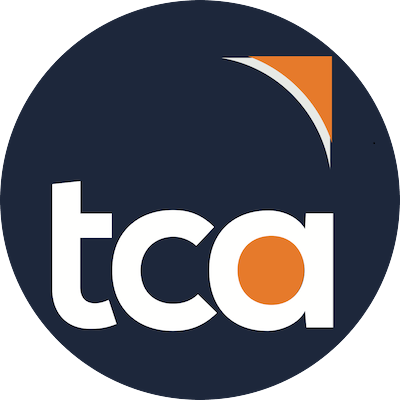In a classic scene from the television comedy Seinfeld, Kramer decides that he’s going to provide the Moviefone service for people looking to find out the time a particular film is playing. When George calls in, Kramer answers saying “Hello, and welcome to Moviefone. Using the touchtone keys on your phone, please enter the first three letters of the movie you’d like to see.”
George immediately pushes three numbers on his phone, and of course Kramer is confused. He’s silent for a moment, then guesses, “you’ve selected… Agent Zero?”
Now George is confused. “What?”, he says into the phone. Kramer panics and guesses again. “You’ve selected Brown Eyed Girl!”.
Both of them are befuddled. After a long, awkward silence, Kramer finally bursts out, “why don’t you just tell me the name of the movie you’d like to see.”
It’s comedy gold. But, it also is the foundation of a great lesson for us as content practitioners.
Kramer’s inability to make sense of the dial tones, and finally just breaking down and simply asking “why don’t you just tell me what you want?” is a feeling we’ve all had with the audiences we are trying to build.
We don’t often say it out loud (because in a weird way it feels like cheating) but how many times have you said to yourself or a colleague “Don’t you just wish the audience would tell us exactly what it would respond to.”
If they’d do that, then we’d be able to create just exactly the kind of content that would be successful.
Spoiler alert: they don’t know what they want. They never do.
We’ve done a remarkable amount of audience research for various clients in our consulting practice. One of the things that we’ve learned – both across the CMI audience as well as our clients – is that if you ask an audience what it wants, they will definitely tell you. But, they will usually phrase it in a problem they want answers to.
The immediate answer to “what do you want” is usually something that the audience thinks it should want, but may or may not actually need. In other words, if I ask “what do you want?”, and the audience says “I have a problem selling content marketing to my boss.” We might respond with a post saying how to solve the content marketing business case.
That’s not really getting to what they really need, or what will differentiate our solution from another. The other classic example of this, is the quote that’s often misattributed to Henry Ford that says “if I asked people what they wanted, they would have replied ‘faster horses’.”
People can only use what they know to answer the question of what they want. In fact, what they really want is what they don’t know.
Now, that doesn’t mean we don’t listen, or ask. But we should realize what they’re telling us is what they think they should want, not necessarily what they actually want. Our golden ticket to differentiation for our audience is for a member to get to the end of a piece we’ve created and spontaneously say “I never thought of it that way!”, or “wow, I never even knew that was an option.”
And the wonderful thing is that in the Seinfeld episode, Kramer delivers on this differentiation by complete accident. By misunderstanding the dial tones, he simply solves the problem in an innovative way. He delivers a content service that people didn’t even know was possible. And at the end of the episode, the actual MovieFone guy knocks on his door saying (in his stilted Moviefone voice) “Hello, and welcome to your worst nightmare. Cosmo Kramer, Apartment 5D, you have been stealing my business.”
We can’t really know an audience until we listen to their needs. But we really can’t give them what they want, until we can create the thing that they don’t know they need.
It’s Your Story. Tell It Well.





